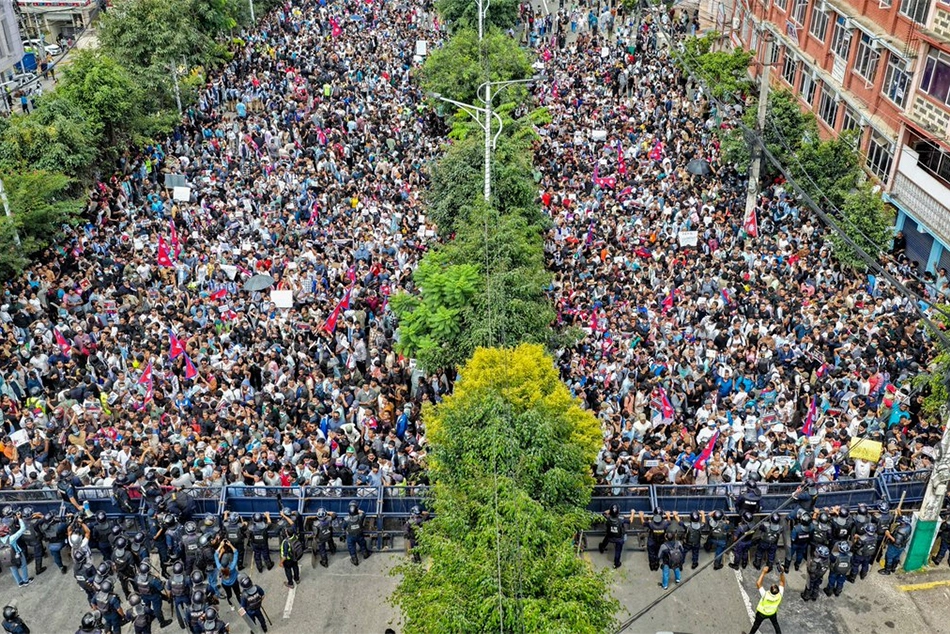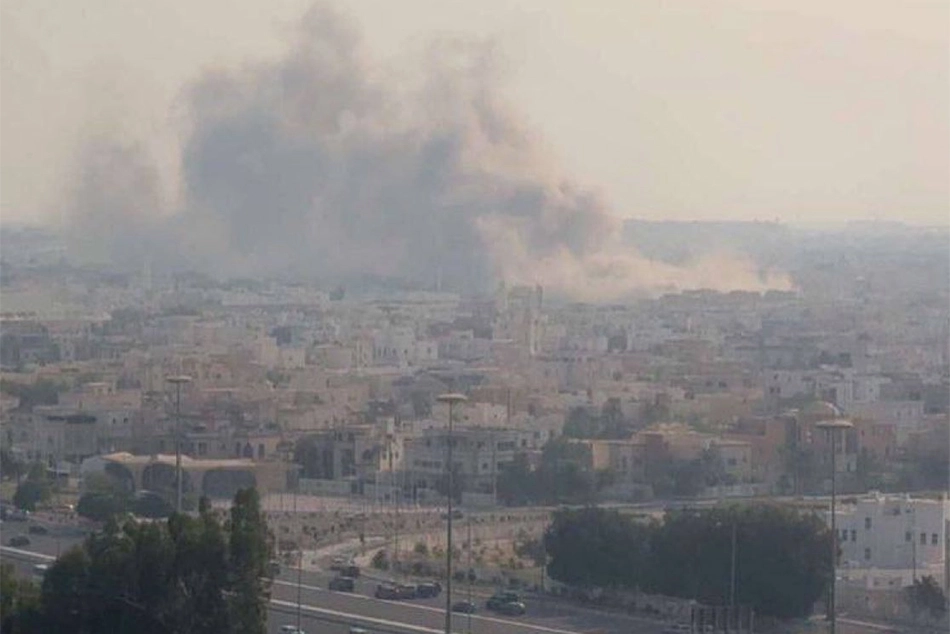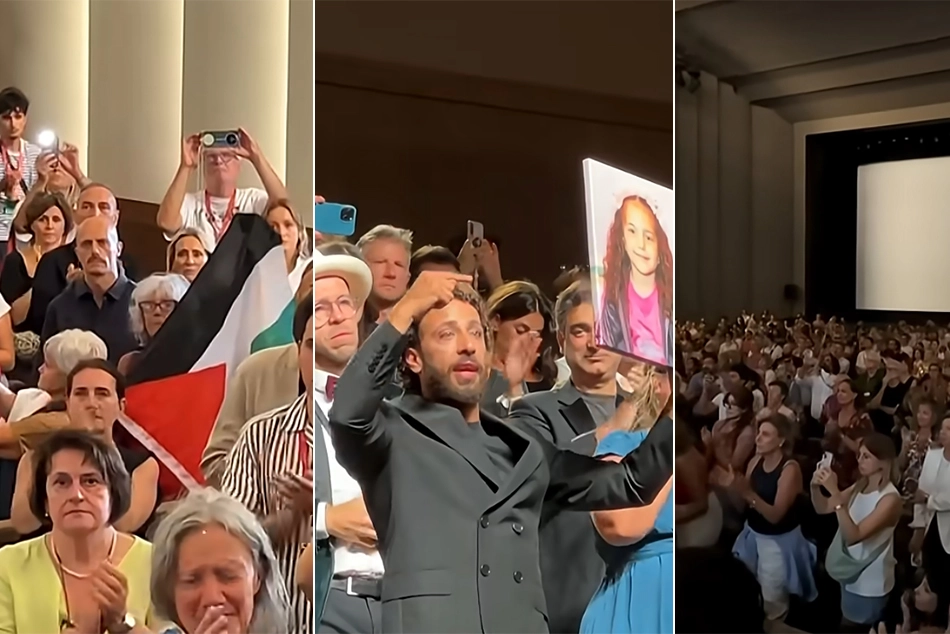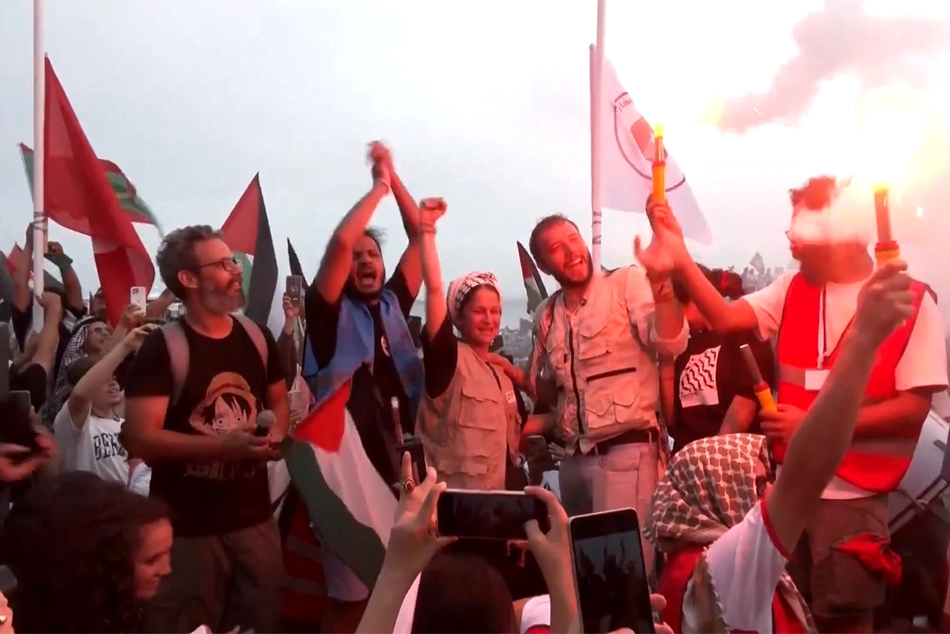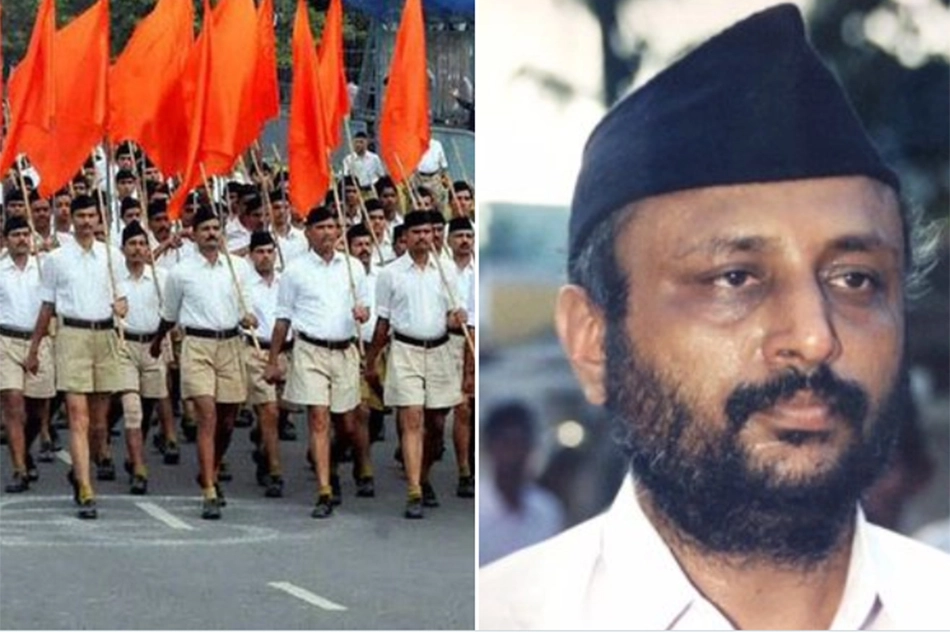
Emergency Cardiac Care: How Delhi Hospitals Respond to Heart Attacks
Discover how leading hospitals in Delhi provide rapid emergency cardiac care. Learn about advanced treatments, quick response systems, and expert medical teams saving lives during heart attacks
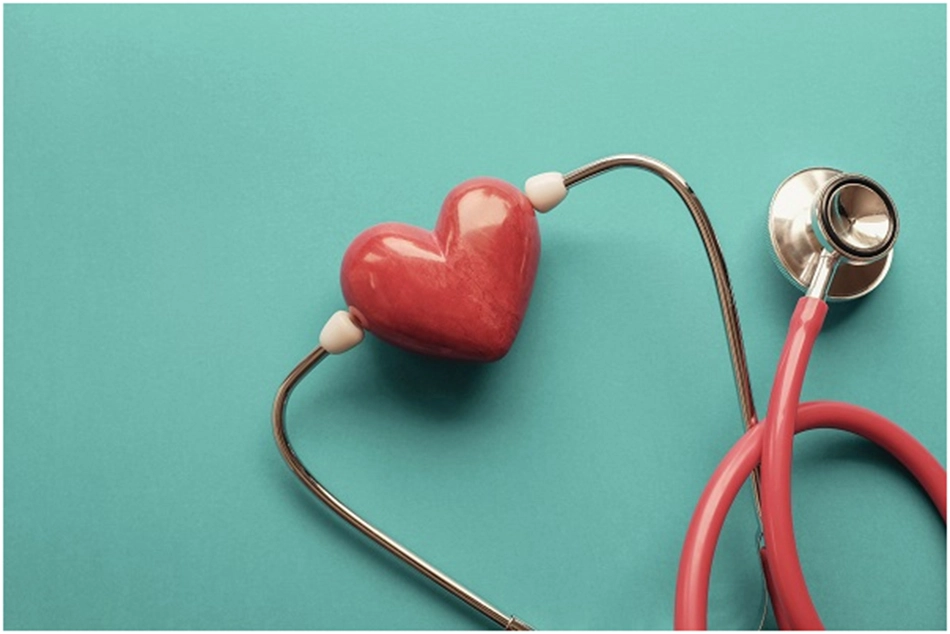
Heart attacks remain one of the most critical medical emergencies, requiring swift and precise intervention to save lives. In Delhi, hospitals have developed advanced systems to ensure that patients experiencing a heart attack receive rapid diagnosis, immediate treatment, and structured post-care support.
The availability of specialised teams, round-the-clock facilities, and advanced equipment has redefined how emergency cardiac care is delivered.
When searching for a trusted cardiology hospital in Delhi, understanding how hospitals manage heart attack cases can provide reassurance to patients and their families.
Rapid Diagnosis and First Response
The first few minutes after a heart attack are critical, as timely diagnosis can significantly improve survival rates and long-term outcomes. To achieve this, hospitals rely on advanced diagnostic tools such as 3D echocardiography, 256-slice CT scans, and cardiac MRIs to quickly assess the extent of damage and detect blockages.
Emergency departments are equipped with dedicated chest pain units where patients are assessed immediately. Electrocardiograms (ECG) and blood tests are performed without delay, allowing cardiologists to confirm a heart attack and start treatment rapidly.
24x7 Primary Angioplasty Programmes
One of the most effective treatments for acute heart attacks is primary angioplasty, where blocked arteries are opened using balloons and stents. Many Delhi hospitals run 24x7 auditable primary angioplasty programmes, ensuring that a cardiac team is always available to perform the procedure at any hour.
These programmes involve seamless coordination between emergency staff, cardiologists, cath lab teams, and critical care units. By streamlining the process, patients can be taken directly for angioplasty within minutes of diagnosis, reducing complications and improving survival.
Advanced Interventional Techniques
For complex cases, hospitals rely on advanced interventional cardiology techniques. These include:
- Chronic Total Occlusion Angioplasty for long-standing blockages.
- Rotational Atherectomy to manage hardened or calcified arteries.
- Intravascular Ultrasound (IVUS) and Optical Coherence Tomography (OCT) for precise imaging during interventions.
- Endovascular Aortic Aneurysm Repair for emergency vascular conditions.
Such technologies provide cardiologists with a clear view of arteries and ensure accurate treatment even in the most challenging scenarios.
Haemodynamic Support for Critical Cases
Some patients present with severe complications such as cardiac arrest, shock, or respiratory failure. In these cases, hospitals provide haemodynamic support systems like:
- Extracorporeal Membrane Oxygenation (ECMO) to temporarily support heart and lung function.
- Intra-Aortic Balloon Pump (IABP) to stabilise patients during critical interventions.
These life-saving measures give doctors crucial time to perform angioplasty or other therapies while maintaining circulation and oxygen supply.
Structural and Electrophysiology Interventions
Heart attacks can also trigger rhythm disturbances or reveal structural issues. Delhi hospitals address these with specialised treatments, such as:
- Pacemaker and ICD implantation for patients with dangerous arrhythmias.
- Cardiac Resynchronisation Therapy (CRT) for those with heart failure following a heart attack.
- Electrophysiology mapping and ablation to correct rhythm abnormalities.
By combining emergency care with these interventions, hospitals manage both immediate risks and long-term heart health.
Multidisciplinary “Heart Team” Approach
A distinctive feature of cardiac care in Delhi is the Heart Team approach. This model brings together cardiologists, cardiac surgeons, and vascular specialists to jointly assess complex cases. By involving multiple experts, hospitals ensure that every patient receives a treatment plan that balances surgical, interventional, and medical options.
This collaboration reduces errors, improves accountability, and provides patients with the confidence that their treatment is carefully reviewed from all angles.
Post-Emergency Rehabilitation and Support
Once the immediate emergency has been addressed, structured rehabilitation becomes essential. Cardiac rehabilitation programmes in Delhi hospitals include:
- Physiotherapy and exercise plans to restore strength.
- Dietary and lifestyle counselling to reduce risk factors.
- Medication management to prevent future events.
- Psychological support for patients and families coping with the stress of a heart attack.
Such holistic care helps patients transition safely from hospital to home while reducing the risk of recurrence.
The Role of Technology in Emergency Cardiac Care
Technology plays a central role in modern cardiac emergencies. From biplane catheterisation laboratories for precision interventions to PET CT and SPECT imaging for monitoring heart function, hospitals are equipped to manage both diagnosis and treatment with accuracy.
Future trends will include greater use of artificial intelligence in predicting heart attacks and wearable devices that provide early alerts, enabling hospitals to prepare before patients even arrive at the emergency unit.
Final Thoughts
Heart attacks demand swift action, and hospitals in Delhi have risen to the challenge by building rapid-response systems, advanced interventional facilities, and structured rehabilitation programmes. With a focus on teamwork, Our technology, and patient-centred care, these hospitals are ensuring better outcomes for patients facing one of life’s most critical emergencies.
Every case is unique, and while advanced systems are in place, the guidance of qualified cardiologists remains vital in deciding the safest and most effective treatment.
Follow ummid.com WhatsApp Channel for all the latest updates.
Select Language to Translate in Urdu, Hindi, Marathi or Arabic
